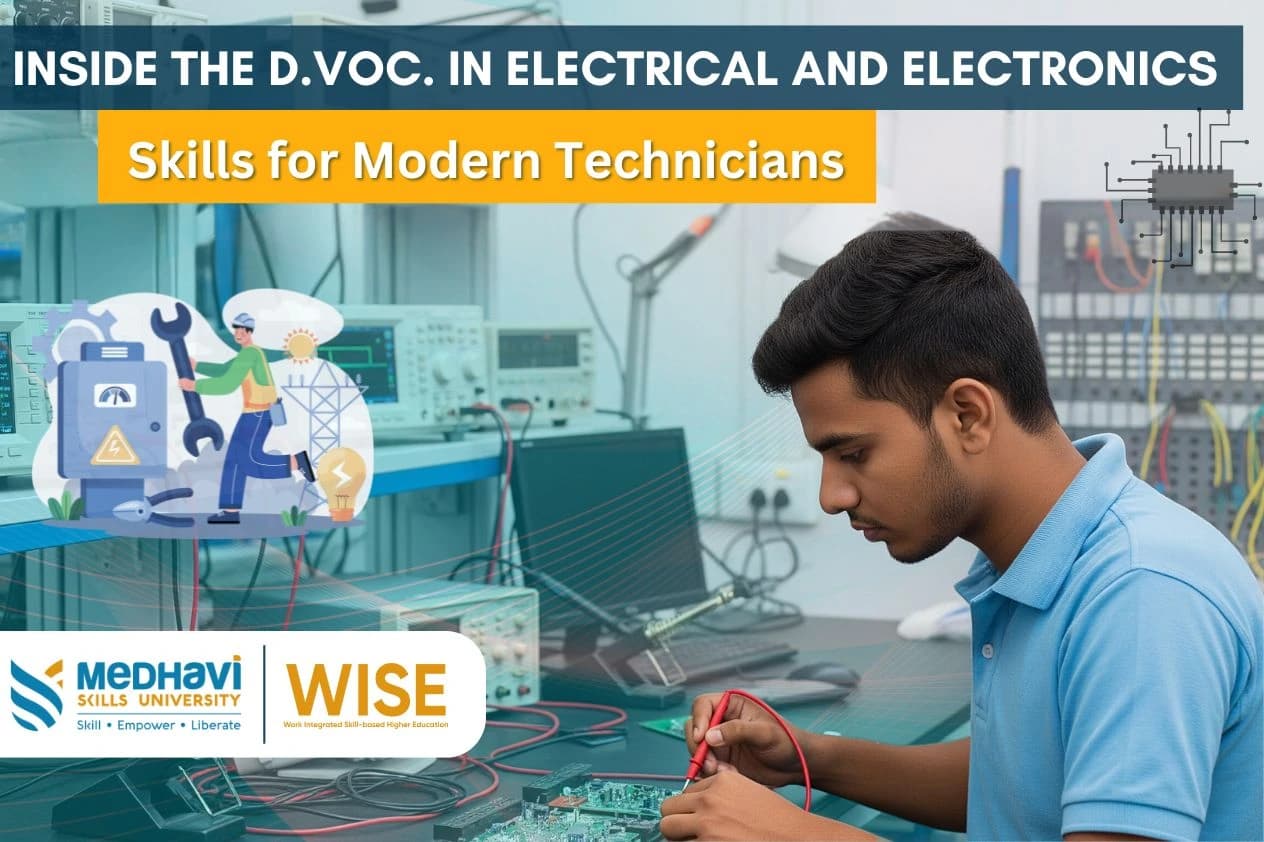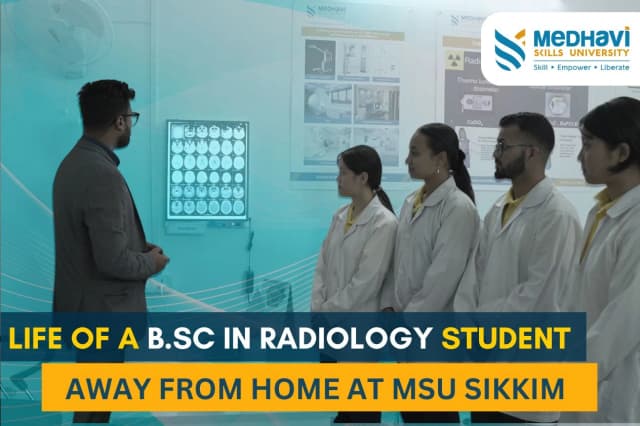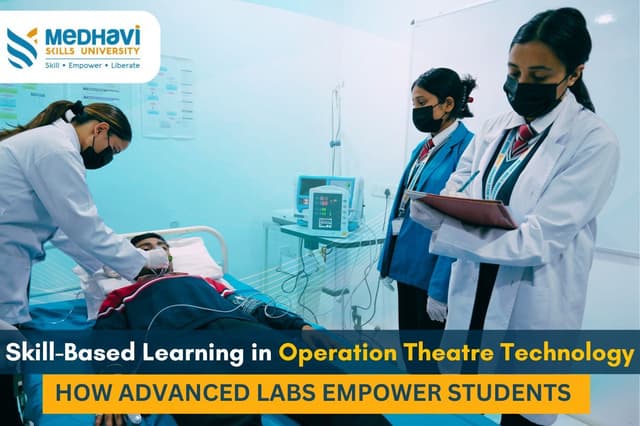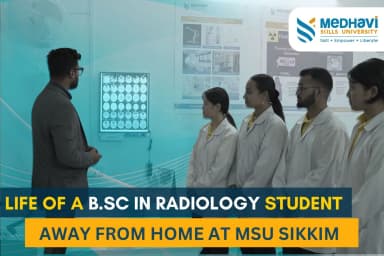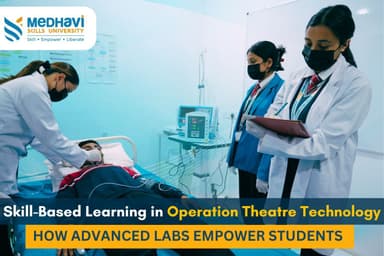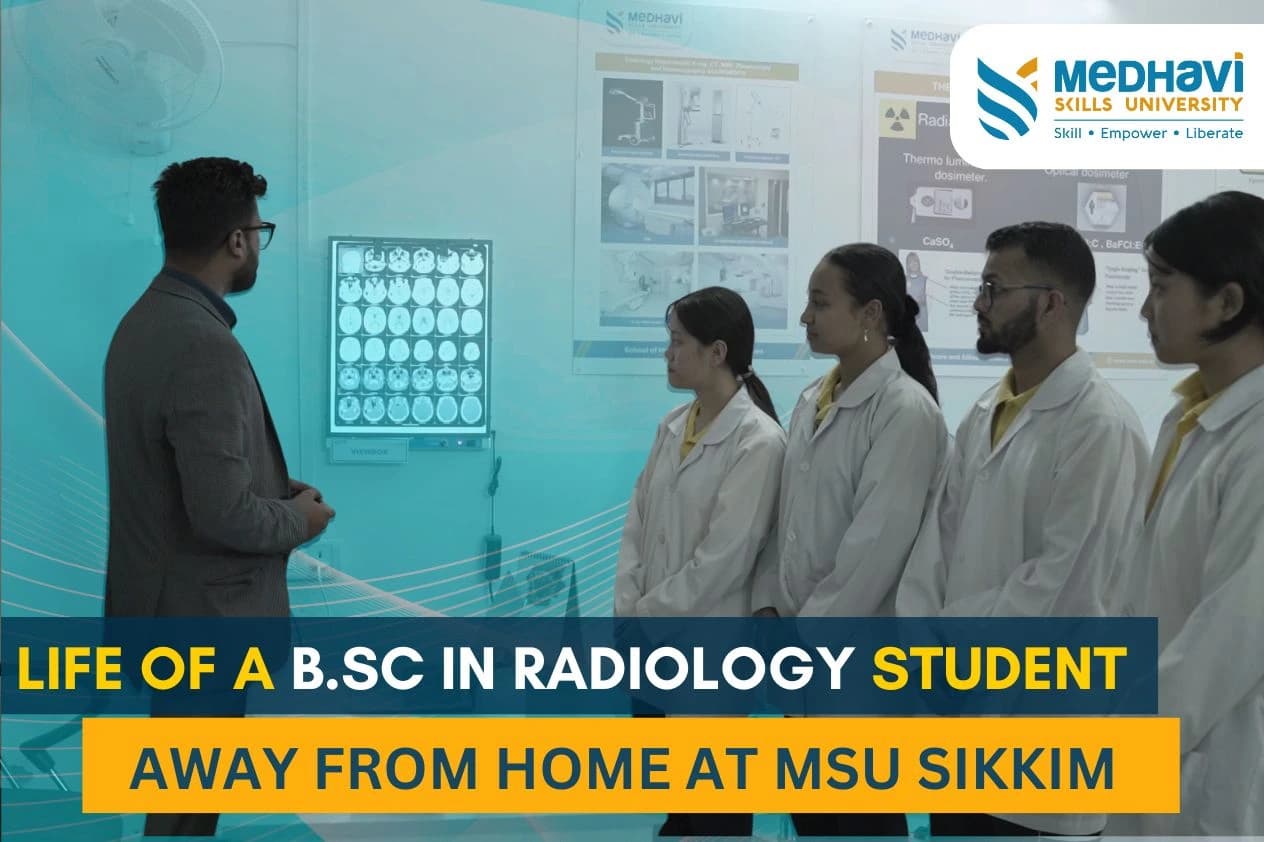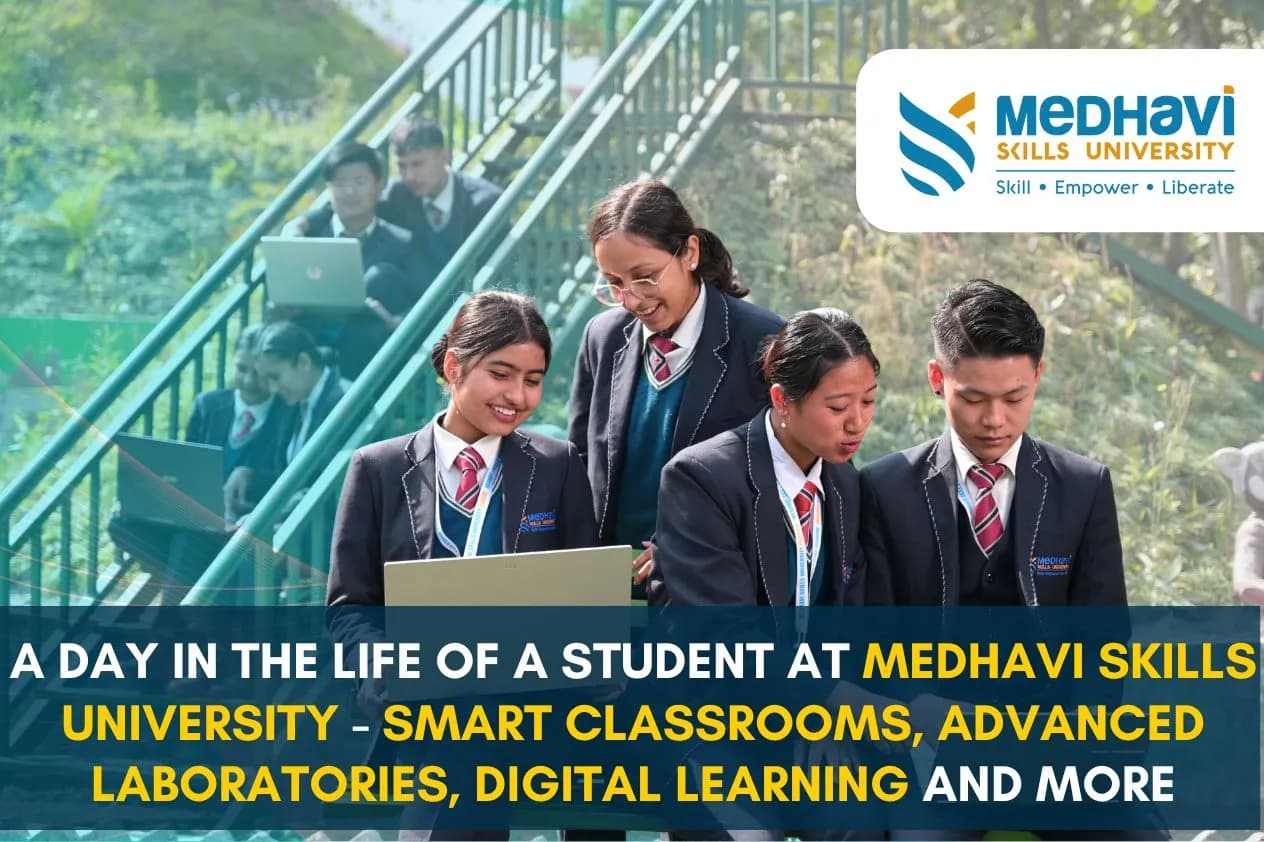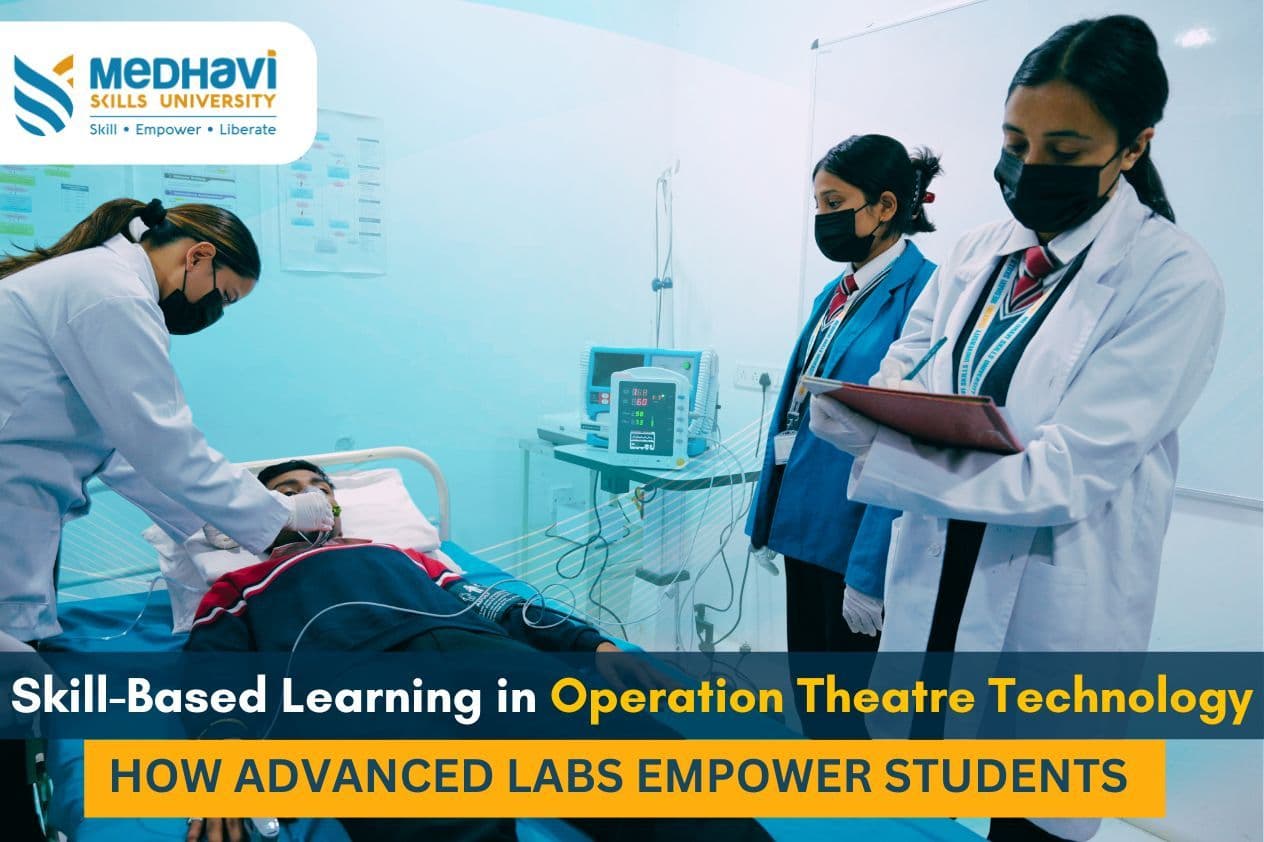In the fast-paced technology-dominated world we live in nowadays, the demand for qualified technicians of electrical and electronics is through the roof. The Diploma in Vocational Education (D.Voc.) in Electrical and Electronics prepares future people to provide hands- on experience to many modern industries including electronics manufacturing, renewable energy, and automation. This D.Voc program brings together a practical hands on application with theoretical knowledge, and also prepares people for careers as electrical technicians, electronics assemblers and electrical quality inspectors. If you're searching for "D.Voc. in Electrical and Electronics skills" or "modern technician training," this blog dives deep into the program's core, highlighting essential skills and real-world success stories.

What is D.Voc. in Electrical and Electronics?
The D.Voc. in Electrical and Electronics is a vocational diploma program for students interested in acquiring the skills for the evolving nature of the electronics sector. It is not your conventional diploma (or degree) program, as it uses applied learning inside and outside the classroom, known as work-integrated learning. Universities such as Medhavi Skills University (MSU) are facilitating the D.Voc. program and tailoring their curriculum to the industry's specifications: covering electrical systems, electronic components, and new and emerging technologies.
This qualification is perfect for high school graduates or working professionals aiming to upskill.. Graduates will have a competitive advantage because they will have to understand both elementary and advanced principles of the study, and are therefore prepared for jobs in manufacturing, maintenance and innovation.
Essential Skills for Modern Electrical and Electronics Technicians

Modern technicians need a blend of technical prowess and soft skills to handle complex systems. The D.Voc. program hones these through structured modules:
- PCB Handling and Assembly: Learn to assemble printed circuit boards (PCBs) with precision, including soldering techniques and automated assembly line operations. This skill is crucial for electronics manufacturing, reducing errors in high-volume production.
- ESD Safety and Quality Testing: Electrostatic discharge (ESD) protocols prevent damage to sensitive components. Students master inspection techniques and quality assurance, ensuring products meet industry standards like ISO certifications.
- Lean Manufacturing and Automation: Gain expertise in lean principles to optimize workflows, minimize waste, and integrate automation tools. This includes operating robotic assembly lines and troubleshooting electrical systems.
- Precision Testing and Safety Protocols: From multimeter usage to advanced diagnostic tools, technicians learn to test circuits and ensure compliance with safety regulations in renewable energy and appliance manufacturing.
These skills for modern technicians are taught via simulations, labs, and internships, making graduates adaptable to tech advancements like IoT and green energy solutions.

Real-World Case Studies: Transforming Workforces with D.Voc. Skills
The true value of D.Voc. in Electrical and Electronics shines in industry applications. Here are two success stories from MSU's work-integrated programs, showcasing how these skills drive business growth.
Jupiter International Ltd.: Boosting Retention in Electronics Manufacturing
Jupiter International, a leader in electronics and components for renewable energy, had excessive turnover and gaps in skill management of contemporary processes. MSU conducted a skill audit, worked with line managers to identify roles that were prone to churn, and designed a work-integrated degree program tailored to the role.
The curriculum delivered training in electronic assembly, precision testing, PCB handling, ESD safety, automated operations, and some inspection techniques. Consequently, retention improved by 48% and massive savings on hiring and retraining were achieved.
Elin Electronics Ltd.: Enhancing Competency in Appliance Production
Elin Electronics, specializing in components and appliances, struggled with attrition and mismatched skills amid business expansion. MSU collaborated with their HR and production teams to evaluate gaps, address disengagement, and launch a work-integrated program.
While they worked, employees developed skills in assembly automation, quality assurance, lean manufacturing, and electronic components assembly. As a result, they achieved 38% improved retention, increased efficiency, and reduced errors.
These case studies demonstrate how D.Voc. skills translate into real-world value, and value adds to the reasons for D.Voc. to be one of the best choices in vocational training in electrical engineering.
Benefits of Work-Integrated Learning in D.Voc. Programs
Work-integrated learning is the cornerstone of D.Voc. in Electrical and Electronics. It combines academic growth with practical exposure, allowing students to apply skills in real settings.
Benefits include:
- Higher Employability: Graduates enter the job market with proven experience, reducing the learning curve for employers.
- Cost Efficiency: Companies save on training, while students earn while learning.
- Skill Retention: Hands-on training ensures long-term mastery of electrical and electronics technician skills.
- Industry Alignment: Programs adapt to trends like sustainable manufacturing and digital tools.
This approach fosters engagement, as seen in the case studies, where retention rates soared.
Career Opportunities for D.Voc. Graduates
With a D.Voc. in Electrical and Electronics, doors open to diverse roles. Graduates can pursue positions as:
- Electronics Assembly Technicians in manufacturing firms.
- Quality Control Inspectors in renewable energy sectors.
- Maintenance Engineers for automated systems.
- Supervisors in lean production environments.
In the beginning, wages are competitive, and there is growth opportunity for sectors like consumer electronics and green tech, the limitations of a skilled technician shortage are also global.
Why Choose D.Voc. for a Future-Proof Career?
In conclusion, the D.Voc. in Electrical and Electronics is more than a diploma—it's a gateway to mastering skills for modern technicians. Through work series programs like these at MSU students develop valuable, career-driving industry experience, such as Jupiter and Elin shared. That said, if technology and practical experience excites you, this program is the right place for you to combine both learning and doing. Ready to launch your career in electrical and electronics? Discover the enrollment process today and take the first step toward a future-proof profession.
